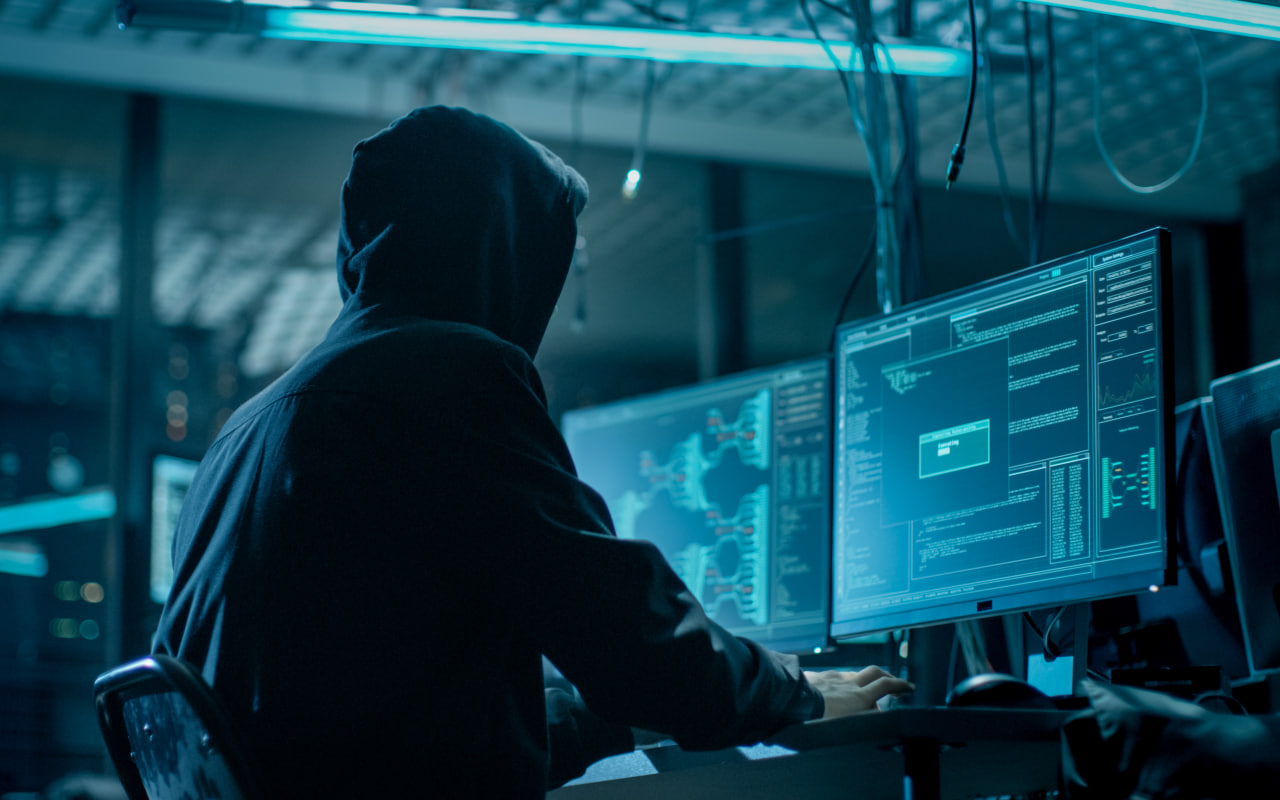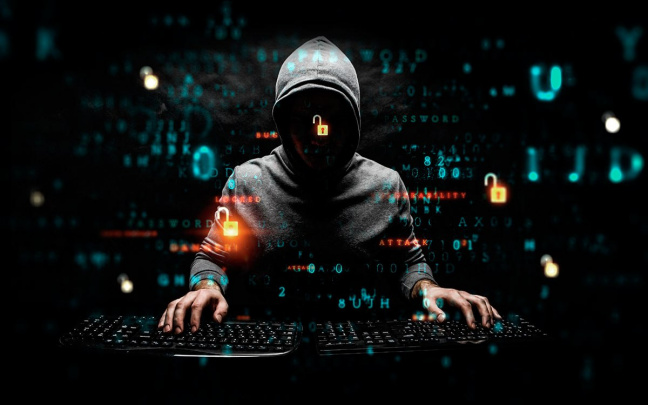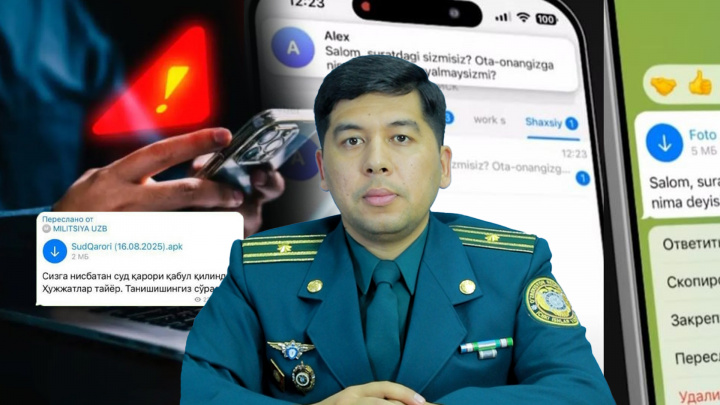Hackers leaked login passwords of more than 200,000 Uzbek users
The personal data of more than 200,000 Uzbek users has been leaked to the Internet. Experts told Kun.uz that the leaked information includes passwords to the OneID system, the State Testing Center, many public and educational organizations, as well as search and payment systems. The Cybersecurity Center noted that this poses a cyber threat to the users and issued advice on password protection.

On October 13, one of the networks believed to be run by hackers leaked information revealing the logins and passwords of more than 180 million users on various platforms around the world.
According to experts in the field who spoke to Kun.uz, data leaked by the hackers include passwords to the unified identification system – OneID, the State Testing Center, educational systems of organizations and higher education institutions, various entertainment portals, online stores, search services and web service providers. There are also access codes for banks and payment systems, as well as control panels of various sites. In total, the information of tens of thousands of Uzbek users on various platforms was leaked.
Kun.uz contacted the Ministry of Digital Technologies regarding the situation. The officials reported that according to studies in cooperation with the Center for the Management of Digital Government Projects and the Center for Cyber Security, a cyber-attack on the OneID system was not detected, and there were no malfunctions in the system.
"It is assumed that the problem is most likely the result of a virus infection sent to the users' computer devices. At the moment, relevant measures are being taken against it," the ministry told Kun.uz.
The ministry also asked citizens to be careful about their personal data, to protect computer and mobile communication devices against viruses.
According to cyber security experts who talked to the Kun.uz reporter, it is closer to the truth that these passwords leaked to the networks around the world are not related to that site or servers because if hackers attacked OneID or similar system and stole passwords, they would copy millions of databases and many other personal data.
The problem here is that viruses that got into the computers of millions of users around the world collected the login passwords stored in their browsers and transferred them to hackers. Hackers collected this information in one file and leaked it.
The Cyber Security Center of Uzbekistan has also confirmed the news. According to the center, the number of cyberattacked Uzbek users exceeds 200,000.
According to "White Hat Hackers", reasons for this situation could be one of the following:
· A weak password policy. Using reasonably weak passwords and reusing them for multiple resources goes against cyber hygiene requirements and increases the risk of them being hacked;
· Using unlicensed or outdated software. Exposing security logins and passwords to the public web can create serious cybersecurity incidents for organizations. Hackers can use this information to break into infrastructures and then launch other cyber-attacks from within the infrastructure;
· Damaged device. In cases where malicious programs such as mobile trojan or styler are installed on the device, other confidential information is collected using the login and password and paves the way for later attacks;
· Internal (insider) information. This is one of the most common cases where employees who are disgruntled with the organization can access the customer base and other critical systems and secretly use them for malicious purposes.
· Social engineering (phishing or vishing). This cyber-attack technique, which involves manipulation and deception, allows attackers to gain access to a system or data. This makes it possible to gather additional information about the organization through the above methods before launching a major cyber-attack.
The Cyber Security Center has launched a bot in Telegram (@CSEC_Login_Bot) to check whether the login passwords of citizens have been leaked.
In addition, the center recommends that users take the following steps to ensure the protection of their confidential information:
· Always set a strong password of at least 8 characters, use upper- and lower-case letters, numbers, and special characters (e.g., @, #, $, %, &, etc.). Also, to avoid setting a password that can be easily guessed, be sure to update your password every 2-3 months, except for complex passwords, while avoiding setting a password similar to the previous one;
· Do not use the same password to register on different websites, do not use free password managers, and do not save passwords in browsers;
· Always use two-step verification features;
· Use only licensed operating systems, software, and anti-virus software, and update them regularly;
· Do not click on suspicious web links or download unknown software;
· When you open web pages, before entering your logins and passwords, pay attention to the address of the website and the absence of various suspicious characters on the web page and make sure that it is valid.
Related News

14:21 / 14.01.2026
Uzbekistan expands focus on UAVs, robotics, and cybersecurity in defense

12:14 / 09.12.2025
Google and Apple warn users in Uzbekistan about potential hacker attacks

16:03 / 19.11.2025
Cybersecurity experts warn of rising fraud linked to APK files on Telegram

15:42 / 13.09.2025



